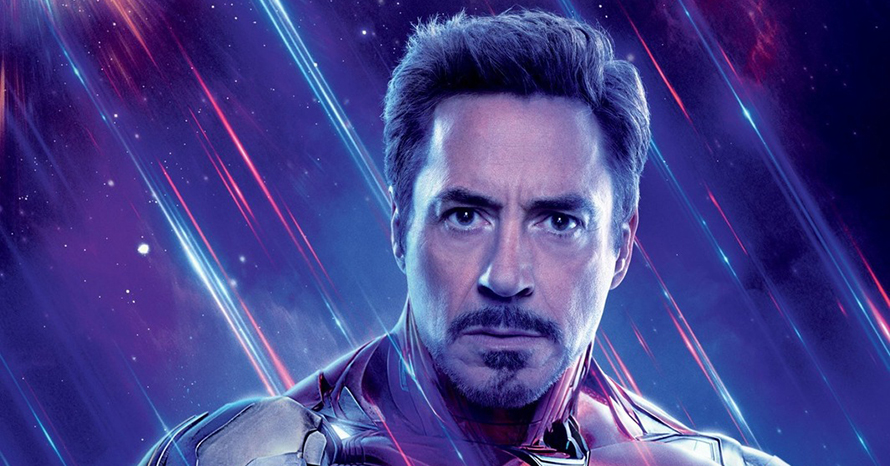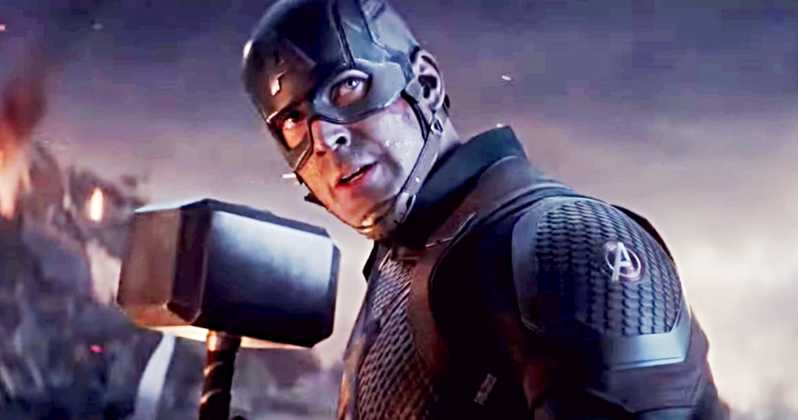
Endgame: Why It Underwhelmed Me.
I understand that what I am about to say will more than likely result in outrage on the part of some of you readers (yeah, all three of you), but it needs to be said:
Avengers: Endgame was a disappointment.
Yes, you read that right.
Disappointing.
So much so that I have yet to buy a digital or physical copy of it; by contrast I had Alita: Battle Angel on the day it became available. I have had several months to mull it over, and my original impressions still stand. I left the theatre feeling let down and I couldn’t put my finger on it, but then it came to me: it was too simple. It lacked the depth of Avengers: Infinity War, where the characters were giving it their all to stop Thanos with no possibility of knowing the outcome, where as in Endgame it felt, well, canned.
So Thanos destroys the Infinity Stones, and much like Cortez burning his ships, forces the rest of the characters to either go along or find another way out (exactly how he was able to do that is a different story altogether.) This seemed like a cheap way to change the rules of the game established in Infinity War, much the way the Wachowski brothers tried to change the rules at the end of Matrix Reloaded, and that soured me forever on all but the original Matrix.
Time Travel? Really?
So in going with the time travel option, Endgame quickly became a heist movie, which had already been done in brilliant fashion in the MCU with Ant Man, so Endgame became Ocean’s Twelve to the much better Ocean’s Eleven. Yes, I know that time travel is a staple of Sci-fi and comic books, but I expected a much more elegant solution to the mess set up at the end of Infinity War than to simply hit the reset button, which is what the time travel option did: they brought everyone back, eliminated Thanos, and lived happily ever after. Well, most of them did. Tony’s death was sad, and he was the most developed character in the MCU, having had the most screen time and opportunities to complete a character arc.

Deus Ex Machina
I know that the same people wrote both movies, but the Endgame just did not feel as though the stakes were really all that high. Everyone knew that the good guys would win, and that at least one beloved character would die in the process. This is what happened in the comic book version of Civil War—in the end Captain America paid the ultimate price for his beliefs, and in keeping with the character of Steve Rogers. Endgame delivered that, but it felt, well, too easy. I never felt like there was even a remote possibility of failure.

Exploring the Soul Stone
We got a good look at the Tesseract/Space stone in Captain America: The First Avenger and The Avengers, the Reality stone in Thor: The Dark World, the Power stone in Guardians of the Galaxy, the Mind stone in Avengers: Age of Ultron, and the Time stone in Doctor Strange. Then the Soul stone was introduced in Infinity War, and unfortunately that’s as far as it went. There was no exploration of the stone, no explanation of how or why it worked, and Endgame would have been the perfect vehicle for that. There was that scene with Thanos speaking with a young Gamora, which, judging by the color of the sky, ostensibly took place inside the Soul stone. I would have loved to have seen the Russo brothers plumb the depths of the Soul stone and its powers and possibilities, much the way the Time stone was in Doctor Strange, but alas, it was not to be. They teased us with the possibility, but pulled what felt like a bait-and-switch and took the easy way out.